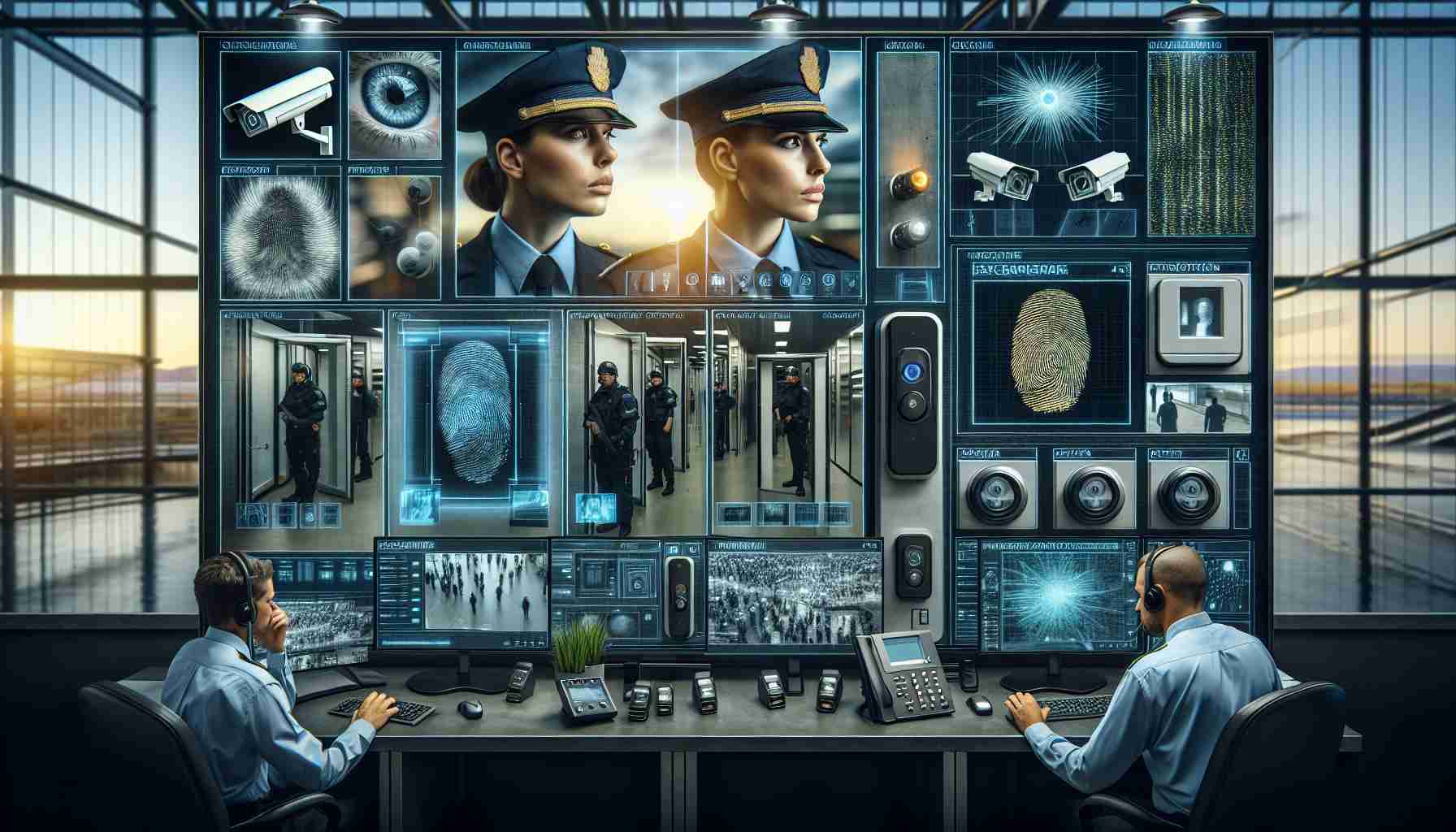The B-2 Spirit, often referred to simply as the B-2 bomber, remains one of the most advanced and strategically valuable aircraft in the United States Air Force. Originally introduced in 1997, this stealth bomber has continually evolved to maintain its relevance and effectiveness in modern military operations. As discussions about its significance resurface amid global reassessments of defense strategies, it’s a prime opportunity to delve into the distinct features and roles of this remarkable aircraft.
One of the most distinguishing characteristics of the B-2 is its stealth technology. The bomber was designed with a focus on minimizing its radar signature, primarily through its unique shape and special coating. This allows it to penetrate sophisticated anti-aircraft defenses undetected, which is a crucial advantage in modern warfare. The B-2’s capacity to carry both conventional and nuclear payloads further highlights its importance as a versatile tool for strategic deterrence and power projection.
The aircraft can cover vast distances without refueling due to its efficient aerodynamics and large fuel capacity. The B-2’s impressive range allows it to strike targets anywhere in the world, which is a strategic advantage for the United States. Essentially, it can be launched from domestic bases and still reach distant objectives without relying on foreign airstrips or mid-air refueling – though it retains the capability to refuel in-flight if necessary.
In terms of payload, the B-2 can carry up to 40,000 pounds of munitions, ranging from traditional bombs to precision-guided weapons. This versatility ensures that it is capable of engaging a wide array of target types, depending on mission requirements. The bomber has been successfully deployed in various conflicts, demonstrating its adaptability and crucial role in modern military campaigns.
Moreover, continuous upgrades and maintenance programs ensure that the B-2 remains at the cutting edge of technology. The integration of advanced communications systems and improved navigation aids enhances the situational awareness and survivability of the aircraft. These upgrades are vital, considering that the B-2 is expected to operate well into the mid-21st century, alongside next-generation platforms like the B-21 Raider.
As a platform that embodies cutting-edge aviation technology and strategic military capability, the B-2 Spirit remains a cornerstone of U.S. air power. Its unmatched combination of stealth, range, and payload capacity allows it to maintain a strategic advantage in both offensive and deterrence roles. While new technological advancements continue to emerge, the B-2 Spirit’s evolving capabilities ensure its continued relevance in the U.S. Air Force’s arsenal, paving the way for future innovations in aerial warfare.
The Impact of Renewable Energy on Global Societies
As the world grapples with the urgent need to address climate change, the transition to renewable energy sources has become a crucial element in reducing carbon emissions and fostering sustainable development. The shift from fossil fuels to renewable energy—such as solar, wind, and hydropower—holds the potential to transform economies, improve public health, and reshape geopolitical landscapes. This article explores how renewable energy impacts individuals, communities, and countries, delving into fascinating facts and controversies surrounding its adoption.
Economic Transformation and Job Creation
The deployment of renewable energy technologies contributes significantly to economic growth and job creation. According to the International Renewable Energy Agency (IRENA), the renewable energy sector employed over 11 million people worldwide in 2018 and continues to expand. Job opportunities in this field vary from manufacturing and installation to maintenance and research and development, offering diverse options across the professional spectrum.
Countries that invest heavily in renewable energy infrastructure often witness a boost in their economies. For instance, Germany’s “Energiewende” or energy transition strategy has positioned the country as a leader in renewable energy innovation, creating thousands of jobs and stimulating economic growth. Communities worldwide benefit from similar developments as investments in local renewable projects generate jobs and catalyze business opportunities for related industries.
Energy Independence and Security
Adoption of renewable energy sources reduces dependence on imported fossil fuels, contributing to national energy security. This transition is particularly beneficial for countries that lack fossil fuel reserves. By harnessing domestic natural resources like sunlight, wind, and water, nations can secure a stable energy supply and shield their economies from volatile global oil markets.
However, this shift is not without controversy. Some critics argue that the intermittent nature of renewable energy production—due to factors like weather dependency for solar and wind power—can challenge grid stability and reliability. Advances in battery storage and smart grid technology are essential to overcoming these challenges, underscoring the need for ongoing research and investment.
Environmental and Social Benefits
The environmental advantages of renewable energy are clear; it reduces pollution, lowers greenhouse gas emissions, and minimizes ecological disruptions caused by energy extraction. Such benefits translate into improved public health, as lower emissions result in cleaner air and water, reducing respiratory and cardiovascular diseases associated with pollution.
Socially, access to renewable energy can transform lives in developing regions lacking reliable electricity. Projects that provide solar-powered lighting and clean cooking solutions improve living conditions and open up educational and business opportunities, lifting communities out of poverty.
The Geopolitical Shift
The rise of renewable energy is altering geopolitical dynamics, diminishing the dominance of oil-rich nations over global energy markets. Countries leading in renewable energy adoption, such as China, which is the largest global producer of solar panels and wind turbines, are gaining influence in shaping future energy policies and technologies.
This shift generates debates about energy equity and justice. While wealthier nations can afford the transition to renewables, developing countries may struggle with the financial and technological demands. International collaboration and financing mechanisms are needed to ensure a fair transition across global communities.
Interesting Facts and Controversies
– As of 2020, Iceland generated nearly 100% of its energy from renewable sources, primarily through hydropower and geothermal energy.
– Some critics argue that the production and disposal of solar panels and wind turbines can have environmental downsides, such as resource extraction impacts and electronic waste.
– Innovations in energy storage, such as Tesla’s Powerwall technology, aim to address the challenge of intermittent renewable energy supply by offering solutions for grid reliability.
The path forward necessitates balancing benefits and addressing challenges through technological innovation and strategic investment. For those interested in learning more about renewable energy and its global impact, resources are available from organizations like the International Renewable Energy Agency (IRENA), the International Energy Agency (IEA), and the Sustainable Energy for All (SEforAll) initiative. Embracing renewable energy is not merely a choice but a necessity in shaping a sustainable and prosperous future for all.
The article has been updated: 2024-11-02 21:54
Here are some suggested related links to your post title “The B-2 Spirit: A Continuously Evolving Asset in Modern Warfare”:
1. Lockheed Martin – The official site of Lockheed Martin, a key player in defense technology and aircraft manufacturing, providing insights into advanced military aircraft including the B-2 Spirit.
2. National Geospatial-Intelligence Agency (NGA) – The NGA provides intelligence and analysis on military capabilities, including information on the strategic role of stealth bombers like the B-2 Spirit.
3. War on the Rocks – A website offering analysis and commentary on military strategy and international relations, with articles discussing modern warfare tactics involving aircraft such as the B-2.
4. U.S. Air Force – The official site of the U.S. Air Force, featuring information about the B-2 Spirit and its operational role within the U.S. military strategy.
5. U.S. Department of Defense (DoD) – The main website for the U.S. Department of Defense, providing news and updates about military assets, including strategic developments concerning the B-2 Spirit bomber.
6. Boeing – The official site of Boeing, the manufacturer of the B-2 Spirit, providing insights into the aircraft’s design, capabilities, and its evolution over time.
7. Airforce Technology – A resource offering the latest news and analysis on military aviation, including features on the B-2 Spirit and its technological advancements in modern warfare.
8. RAND Corporation – A research organization that provides analysis on defense strategies, including studies focused on the B-2 Spirit and its impact on contemporary military operations.
9. The Atlantic – A media outlet that publishes articles on various topics, including defense and technology, with discussions surrounding military aviation and the role of the B-2 Spirit.
10. Defense News – A leading source for news and analysis on defense issues, including the latest developments regarding the B-2 Spirit and its contributions to modern air power.
The article has been updated: 2024-11-07 21:52
How has the B-2 Spirit bomber adapted to modern warfare challenges?
The B-2 Spirit bomber has continuously evolved to meet modern warfare challenges through various upgrades and enhancements. Key adaptations include advanced stealth technology that minimizes its radar signature, enabling it to penetrate heavily defended airspace. Furthermore, the B-2 has been updated with improved avionics, weapons systems, and mission planning capabilities, allowing it to carry a wider variety of munitions and execute complex missions with precision. Additionally, ongoing cyber defense improvements ensure the B-2 remains resilient against emerging threats, confirming its role as a vital asset in contemporary military operations.






















